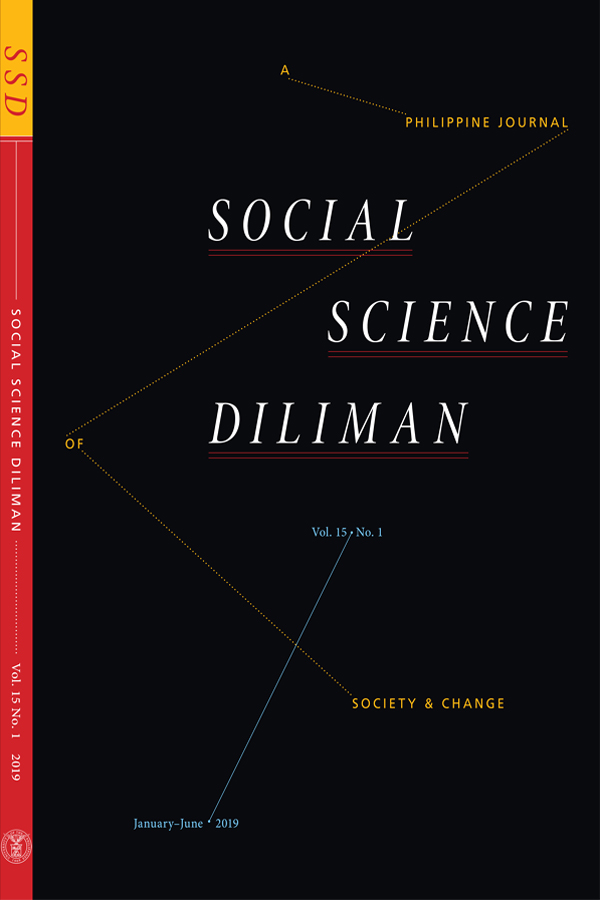John Rawls and distributive justice in a globalizing world
Abstract
This paper critically examines John Rawls’ theory of global justice, particularly his rejection of global egalitarianism and subsequent proposal of the duty of assistance to poor countries. The aim of such assistance is to establish just and decent institutions that are necessary for political autonomy and, subsequently, for international stability, which is the main goal of global justice. The paper attempts to show the inadequacy of these positions by raising two arguments. First, a coercive and global basic structure exists, as demonstrated by the current global cooperation among nations, whether economic, political, or cultural. Such global cooperation, no matter how crude, has profoundly affected people’s life prospects, particularly the world’s poor, by unjustly harming them. Second, although Rawls’ duty of assistance may have noble targets, it is not demanding enough because it leaves untouched the global inequality of resources. Thus, there exists a moral and political imperative to address such global inequality, primarily because 1) global inequality can worsen global poverty, and 2) global inequality is a potential source of humiliation.
KEYWORDS: egalitarianism, global difference principle, global justice, negative duty, Pogge, Rawls


